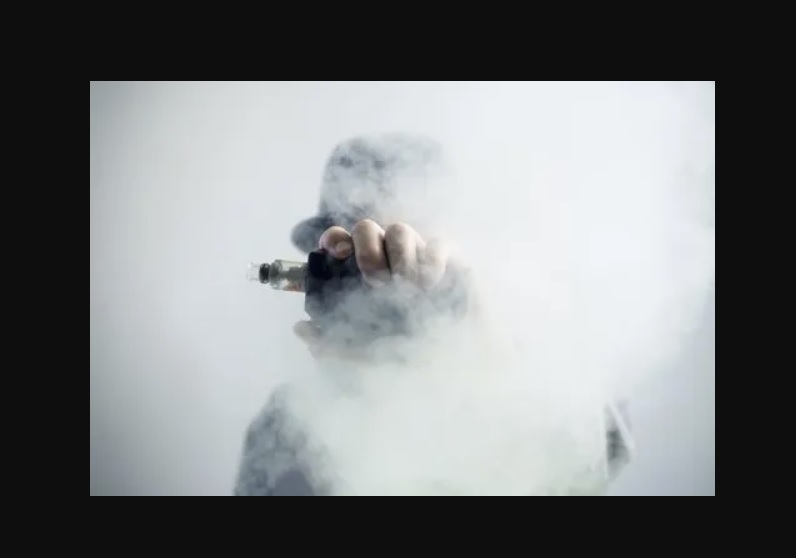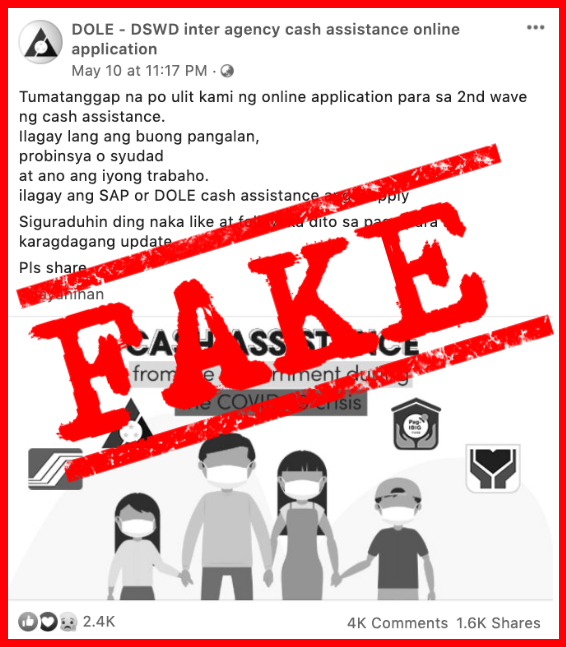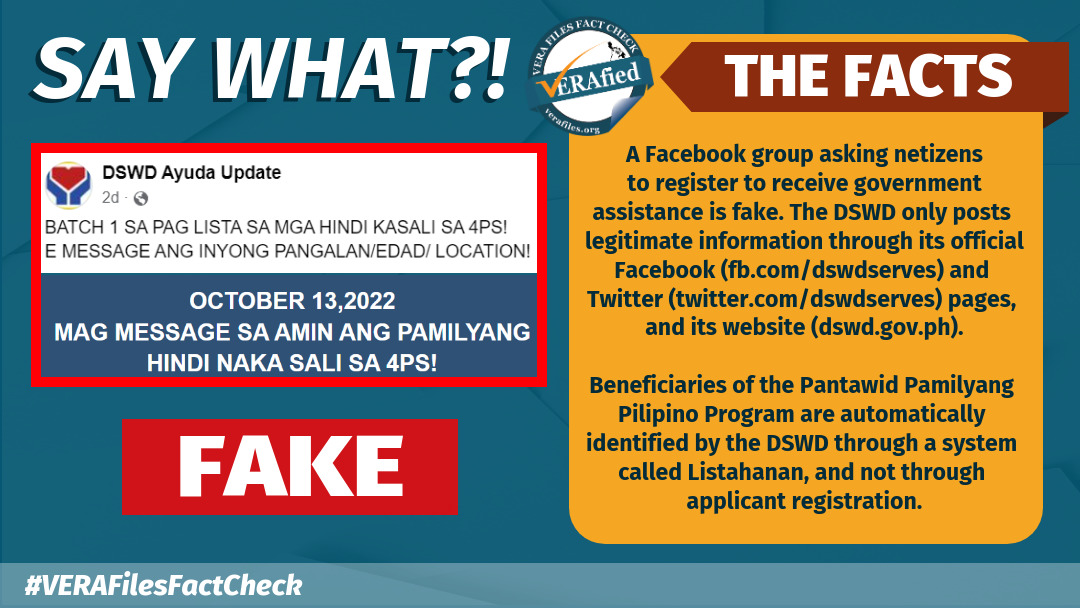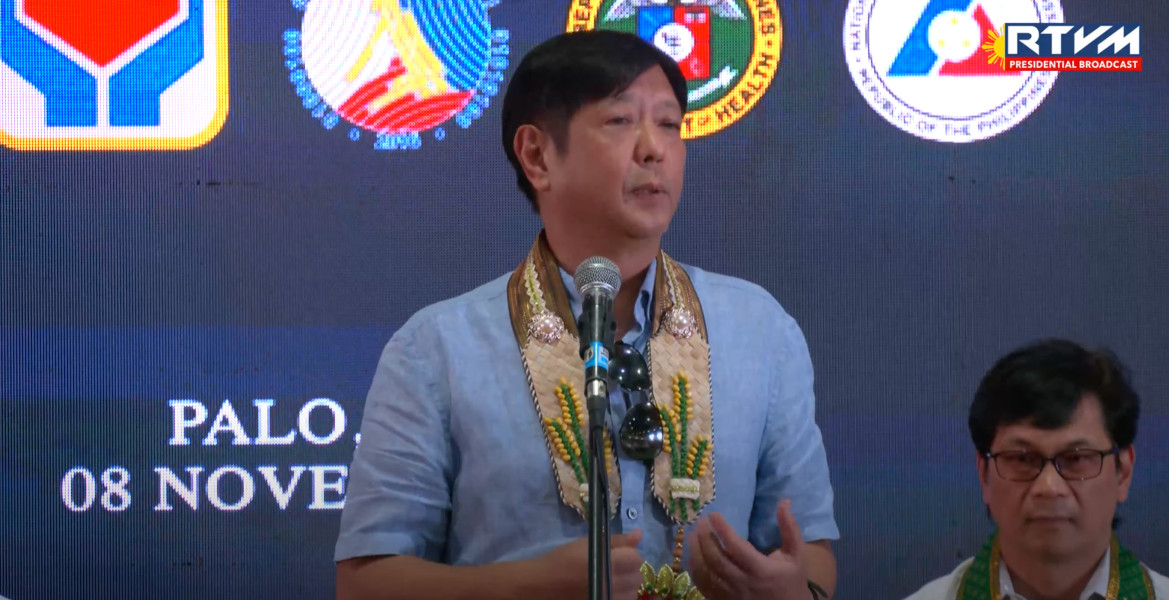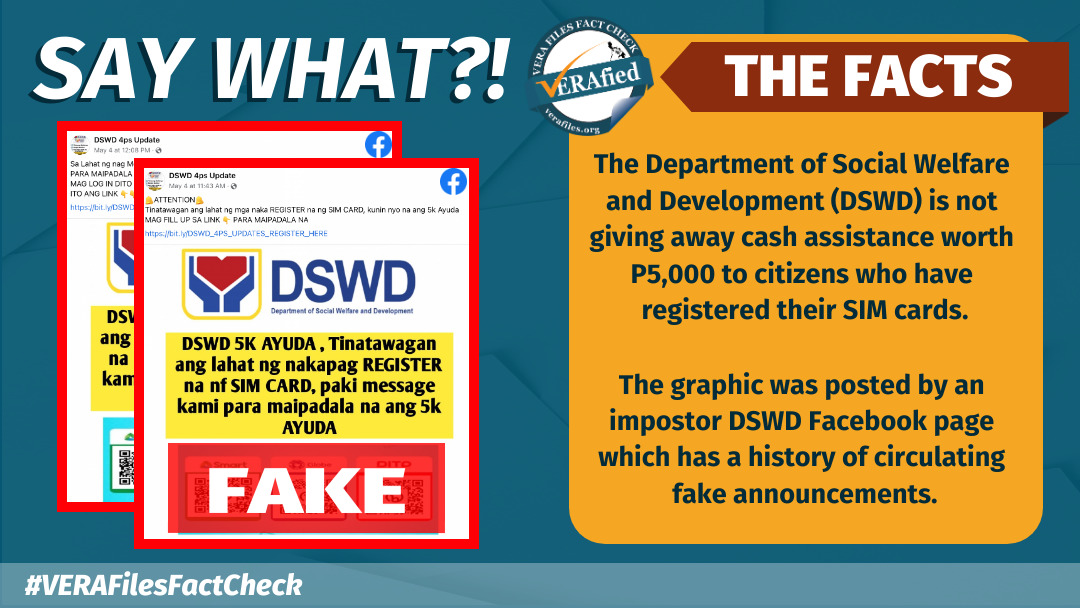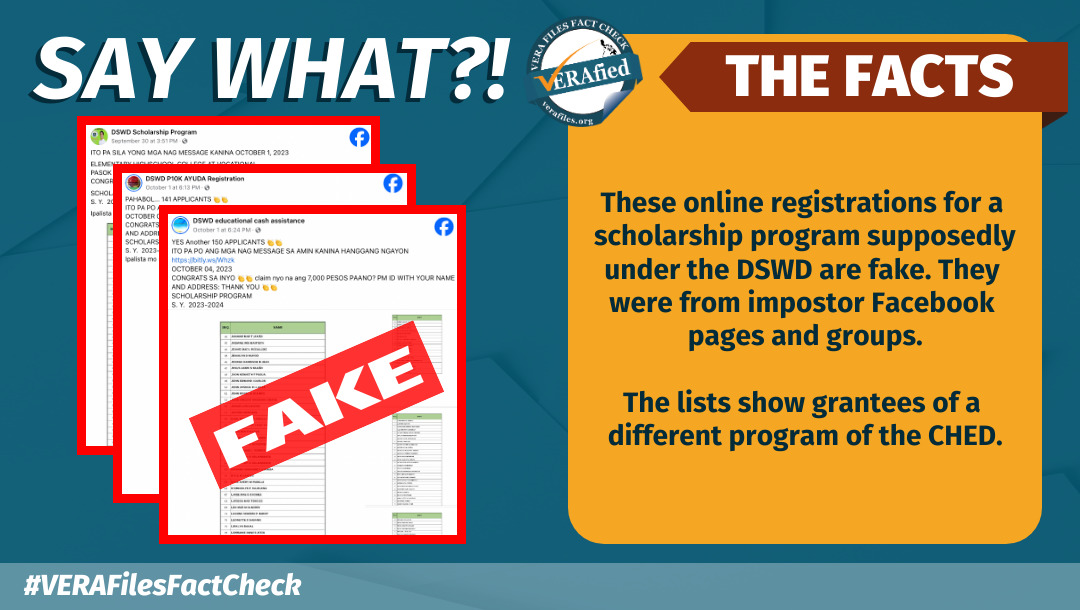To accept or not to accept? Can the Philippine government legally do so? This is the question that has sparked significant concern among public health advocates and governance experts alike since the Department of Justice (DOJ) issued its opinion on the legality of accepting donations from the tobacco industry by government agencies.
The Department of Social Welfare and Development (DSWD) allegedly accepted three mobile clinics from Philip Morris Fortune Tobacco Corporation. DSWD has had a clear policy since 2010 of not accepting donations from the tobacco industry. The 2023 social contributions report of Philip Morris International showed that it donated mobile clinic to DSWD in the amount of USD 572,141. In February, despite advice from the DSWD’s own Legal Service to decline the donation,[1] the DSWD Secretary turned to the DOJ for a legal opinion.
The DOJ’s opinion stated that the DSWD, as a government agency, is not barred from accepting such donations, even if its officials are barred from doing so under existing laws and regulations. This interpretation represents a narrow, potentially harmful, and in our opinion, incorrect reading of both domestic and international legal frameworks designed to protect public health and integrity in governance.
At the heart of this controversy lies the World Health Organization Framework Convention on Tobacco Control (WHO FCTC), to which the Philippines is a Party. No less than the Philippine Supreme Court has recognized the WHO FCTC as part of the law of the land and the government’s duty to implement the treaty in good faith. The WHO FCTC explicitly requires that governments must protect public health policies from the commercial and vested interests of the tobacco industry. This is reinforced by the Civil Service Commission-Department of Health Joint Memorandum Circular 2010-01 (JMC), which prohibits public officials from accepting gifts, favors, or any benefits from the tobacco industry to prevent undue influence in public policy-making and to protect government officials from conflicts of interest.
The DOJ opinion, however, illogically draws a distinction between individual government officials and the government agencies they represent, thereby inventing a loophole that could allow the tobacco industry to indirectly influence public policy. This interpretation is not only inconsistent with the WHO FCTC but also undermines good governance, which requires that all government actions be guided by the principles of integrity, transparency, and accountability. By allowing government agencies to accept donations from an industry with a well-documented history of undermining public health policies and causing an estimated 88,200 deaths annually in the country, the DOJ’s opinion compromises these principles. It disregards the intent of the WHO FCTC and the JMC, which aim to create a firewall between public health policies and the vested interests of the tobacco industry.
The JMC has been hailed as a world first and referenced as best practice internationally. Thus, this DOJ opinion and DSWD’s acceptance of charity from a tobacco company brings disrepute to the country.
Moreover, this opinion also raises significant legal concerns. The Anti-Graft and Corrupt Practices Act (Republic Act No. 3019) and the Code of Conduct and Ethical Standards for Public Officials and Employees (Republic Act No. 6713) are designed to prevent corruption and conflicts of interest by prohibiting the acceptance of gifts or favors that could influence the performance of official duties. The DOJ’s narrow interpretation of these laws overlooks the spirit of these legislative measures, which is to prevent any form of undue influence or the appearance thereof in government operations.
Even the perception of conflict of interest harms the credibility of the government. If the government does not enforce policies that firewall its institutions from the influence of harmful industries that are an economic net-negative, then it demonstrates to its citizens and to international observers that the country’s leaders are not meaningfully committed to governing in a manner that protects its people’s interests.
The potential implications of this opinion are equally alarming. It could set a dangerous precedent where other industries with vested interests may use this as an example to influence public policy in their favor to the detriment of public welfare, thereby eroding public trust in government institutions. It is essential to recognize that the acceptance of donations from industries with conflicting interests is not merely a matter of legal technicality but one of ethical governance and public trust.
The DOJ’s opinion represents a significant step backward in the Philippines’ efforts to safeguard public health and uphold the integrity of its governance systems. It is imperative for the DOH, the CSC, and the public to reject this interpretation and for all government agencies at all levels of government to reaffirm their commitment to the WHO FCTC, the JMC, and the broader principles of good governance. The protection of public health and the integrity of government decision-making must remain paramount, free from the influence of harmful industries.
Will the DSWD Secretary do the right thing and return the tobacco industry donation, or will the DSWD be a tool for the tobacco industry’s fake charity?
*The author is the Tobacco Industry Denormalization program officer of the Southeast Asia Tobacco Control Alliance (SEATCA).
